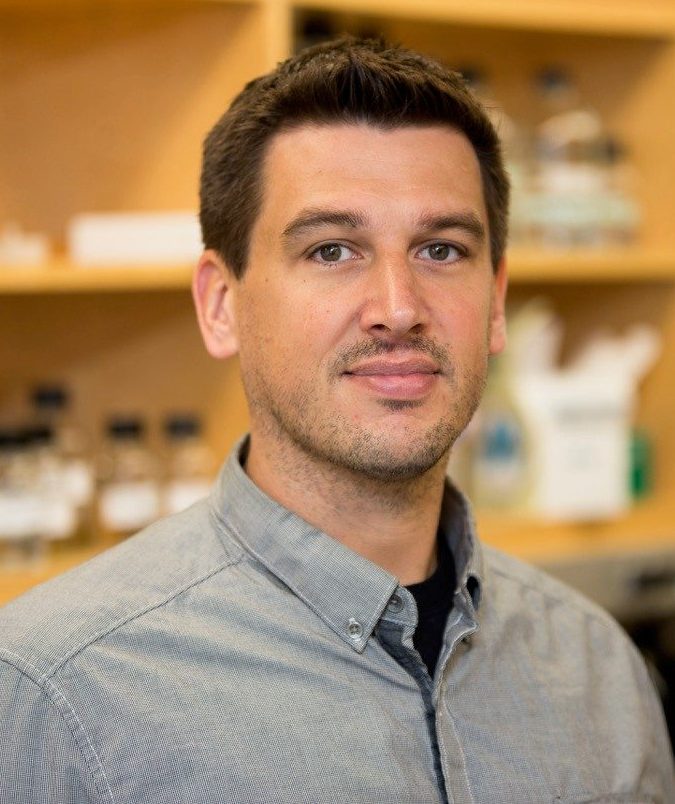William Mair
Country:
USA
Company:
Harvard T.H. Chan School of Public Health
William Mair is Associate Professor of Molecular Metabolism in the Department of Molecular Metabolism at Harvard T.H. Chan School of Public Health. William Mair completed his BSc in Genetics and PhD in Biology at University College London, UK. He moved to San Diego to carry out his postdoctoral training at The Salk Institute for Biological Studies in La Jolla, before joining Harvard as an Assistant Professor in November 2011. The Mair lab’s research studies the basic biology of the aging process, driven by the central question: Why are we more likely to get chronic diseases when we are old than when we are young? What goes wrong in cells and tissues to increase overall disease risk, and is this decline inevitable, or can we reverse it to bring healthy years to the elderly?
Aging is a universal trait that is observed across the evolutionary spectrum. From a public health perspective, the aging human population and the resultant increase of disease burden suffered by the elderly is becoming a new pandemic that needs addressing 21st century. The Mair lab’s research studies the aims to understand the biology of aging, in order to develop novel therapeutics for age related chronic diseases. In particular, they study the molecular and cellular mechanisms by which animals modulate the rate at which they age in response to changes in nutrient intake and metabolism. The profound ability to slow aging during fasting or when food intake is reduced is seen in organisms ranging from yeast to primates and is coupled to a striking protection against a suite of age-related pathologies. These diseases include some of the most severe challenges to public health in the elderly: neurodegenerative diseases such as Alzheimer’s disease, cardiovascular disease and many types of cancer. More recently they have begun to appreciate how obesity effectively drives accelerated aging, causing early onset of multiple chronic conditions in addition to type II diabetes that are usually not seen until later in life. By elucidating the genetic and molecular pathways that dictate the link between metabolism and aging, they aim to recapitulate the positive effects of dietary restriction/fasting on lifespan and health without its associated detrimental side effects.
